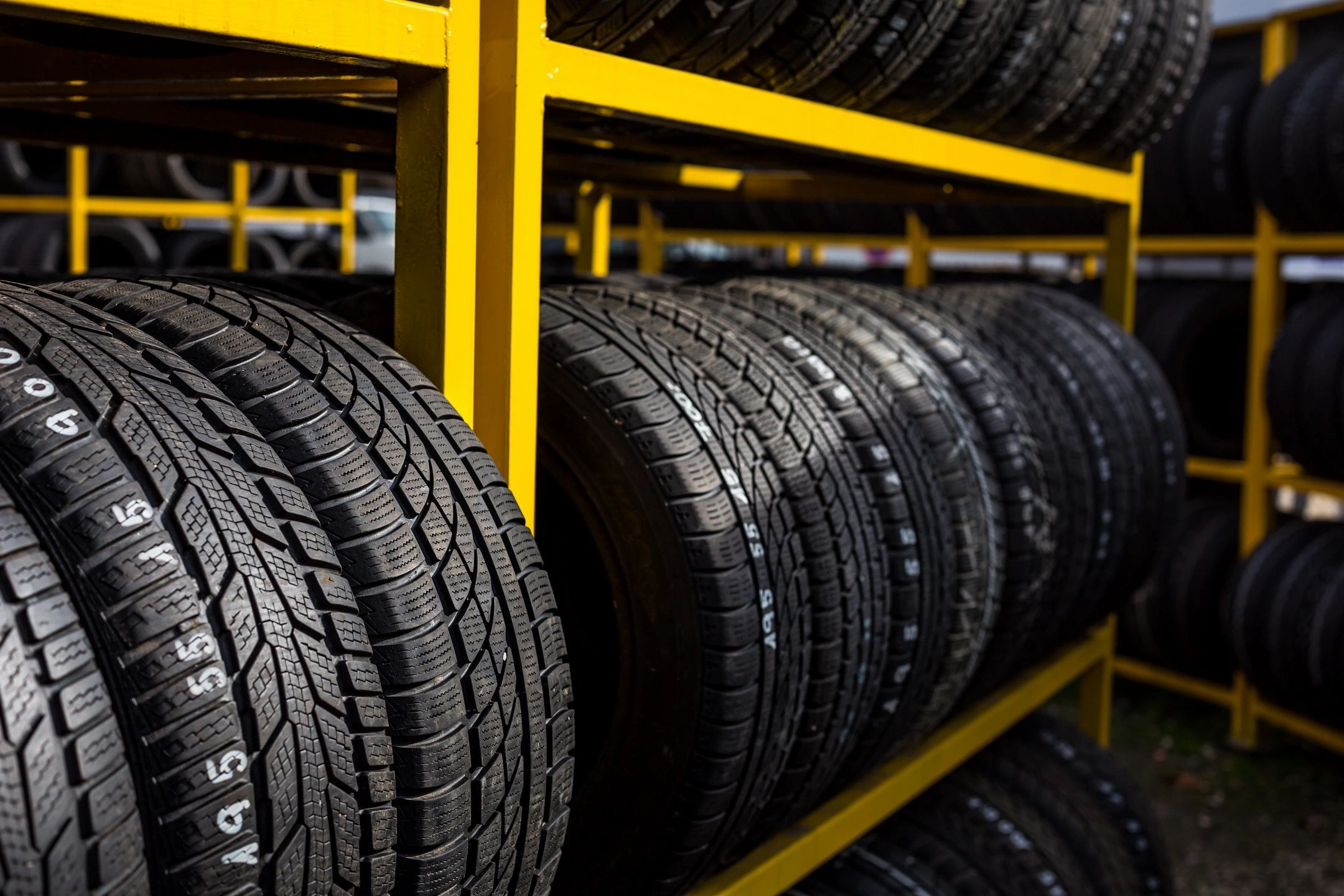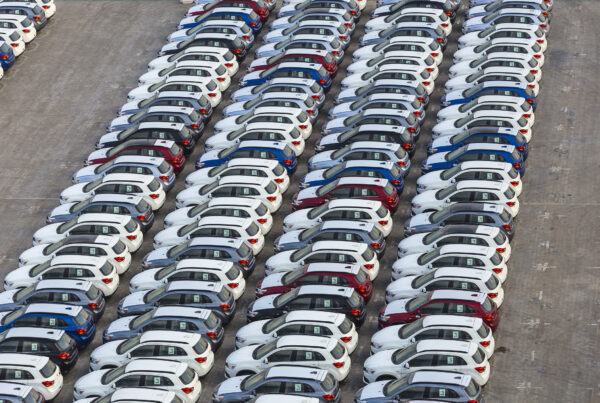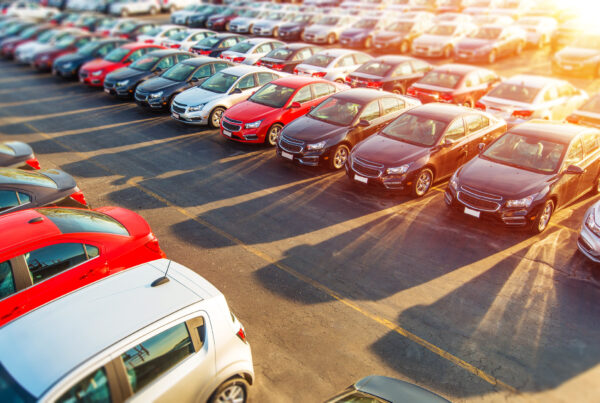Citing “economic reasons,” Volkswagen was forced to sell its factory in Xinjiang, China. The plant was previously embroiled in controversy, with allegations of violating its workers’ human rights. The automaker is set to sell its plant to Shanghai Motor Vehicle Inspection Certification (SMVIC).
THE XINJIANG PLANT
Volkswagen’s Xinjiang factory earned a “controversial” reputation. The plant was a product of the German carmaker’s partnership with Chinese company, SAIC. The joint venture began in 1984 with a continued promise to extend it until 2040. The agreement originally intended to end in 2030, but the two companies agreed to extend earlier this year.
Originally built in 2013, Volkswagen’s Xinjiang plant assembled the Volkswagen Santana. Over the years, the vehicle lost steam and the plant faced several setbacks, including a 65 per cent labour cutback. This cutback left 200 people unemployed.
Representatives of Volkswagen have denied allegations, citing no recorded activity of human rights violations in its plant. According to head of its division in China, Ralf Brandstaetter, the results of its company visit back in February 2023 “no indication of any human rights violations or wider issues around working conditions.” Volkswagen’s visit included thorough interviews with several of the local staff of Han Chinese, Uyghurs, and those of Kazakh descent.
However, the Xinjiang region itself was revealed to harbour human rights abuses towards its Uyghur population. Several of Volkswagen’s investors including Deka Investment, urged the carmaker to leave Xinjiang. According to Inigo Speich of Deka Investment, Volkswagen would do better to avoid financial complications and cease controversy by closing its plant. “VW is stuck in a situation of reputational risk in Xinjiang,” he said in a statement.
FINANCIAL TROUBLES CONTINUE AT VW
Financial troubles continue to brew for Volkswagen. Earlier in the year, the company cut employee wages to curtail its financial issues. Additionally, due to its struggling performance in Europe, the company faced “potential closures” of its factories in its homeland, Germany. From its six existing plants in Germany, three face potential closure. According to CEO Tom Schafer, the closure of a VW factory could be necessary for the company to accomplish its goals.
In recent years, Volkswagen has struggled to keep up with rising EV demands. According to the company, it takes them “three times” the amount of time Tesla uses to create EVs. A 2023 audit report on the company revealed that Volkswagen was unable to achieve “international standards.” Most recently, the auto maker also reported a huge loss in profits in Q3 of 2024.
Was this article informative? Hit the heart button to leave us a like!


















